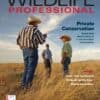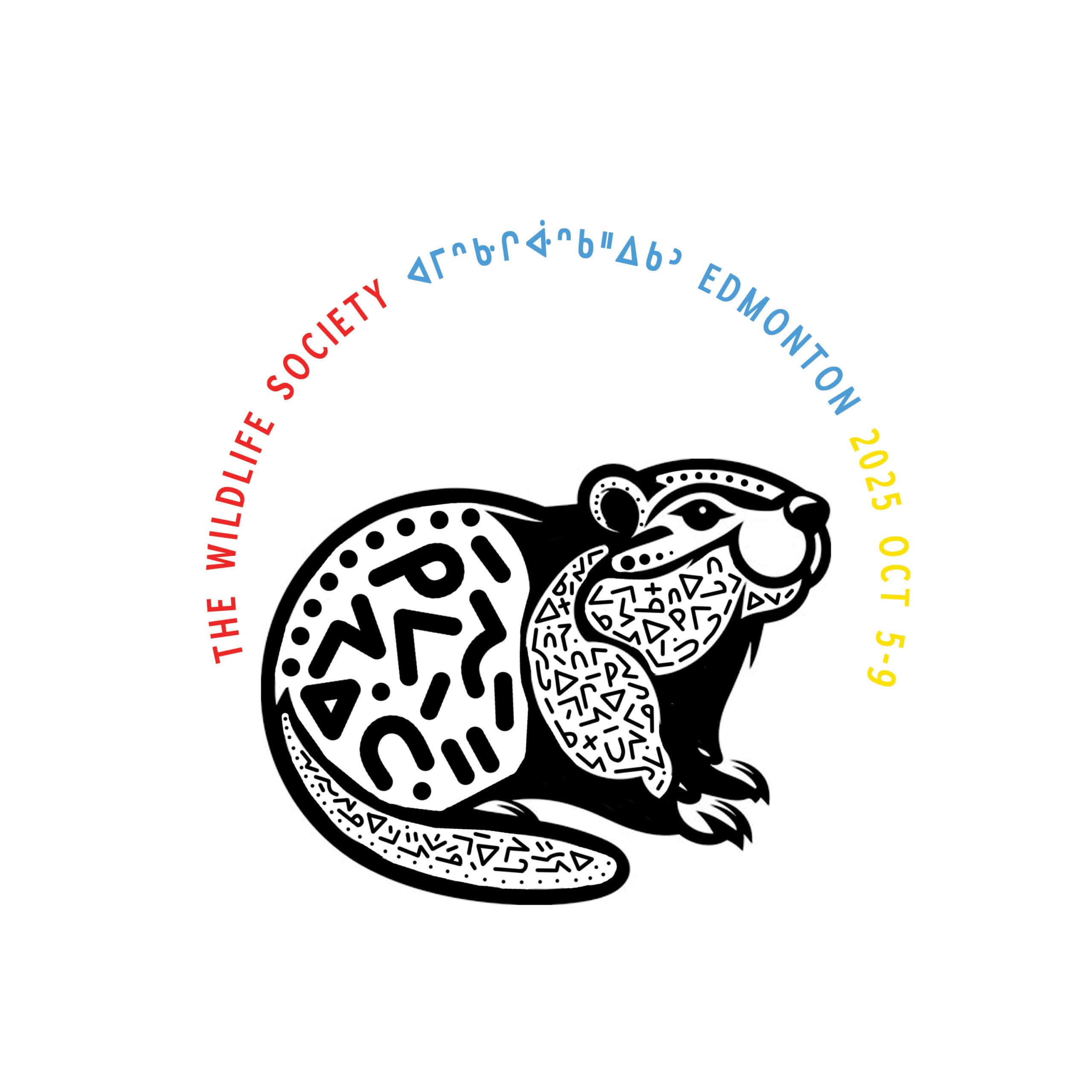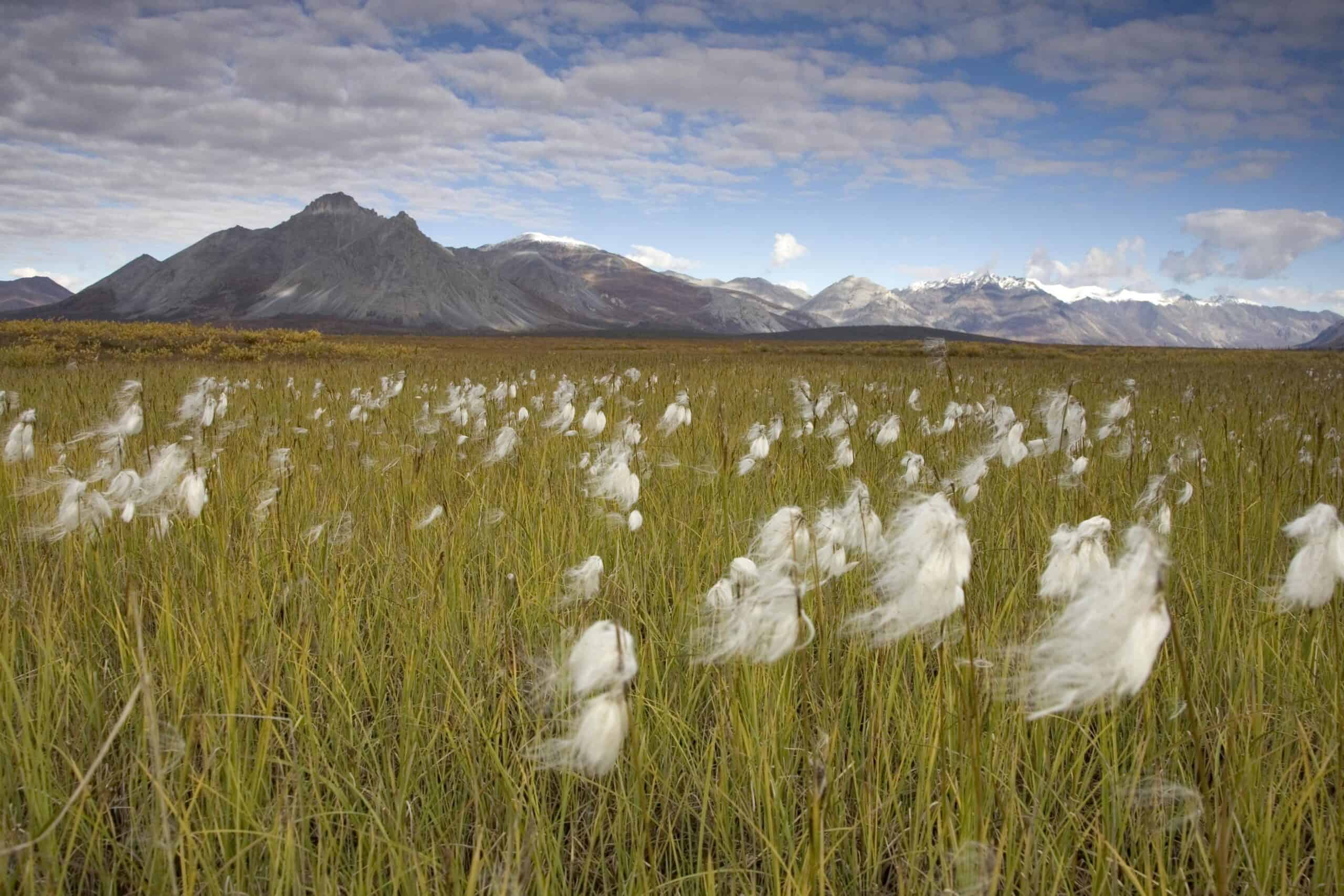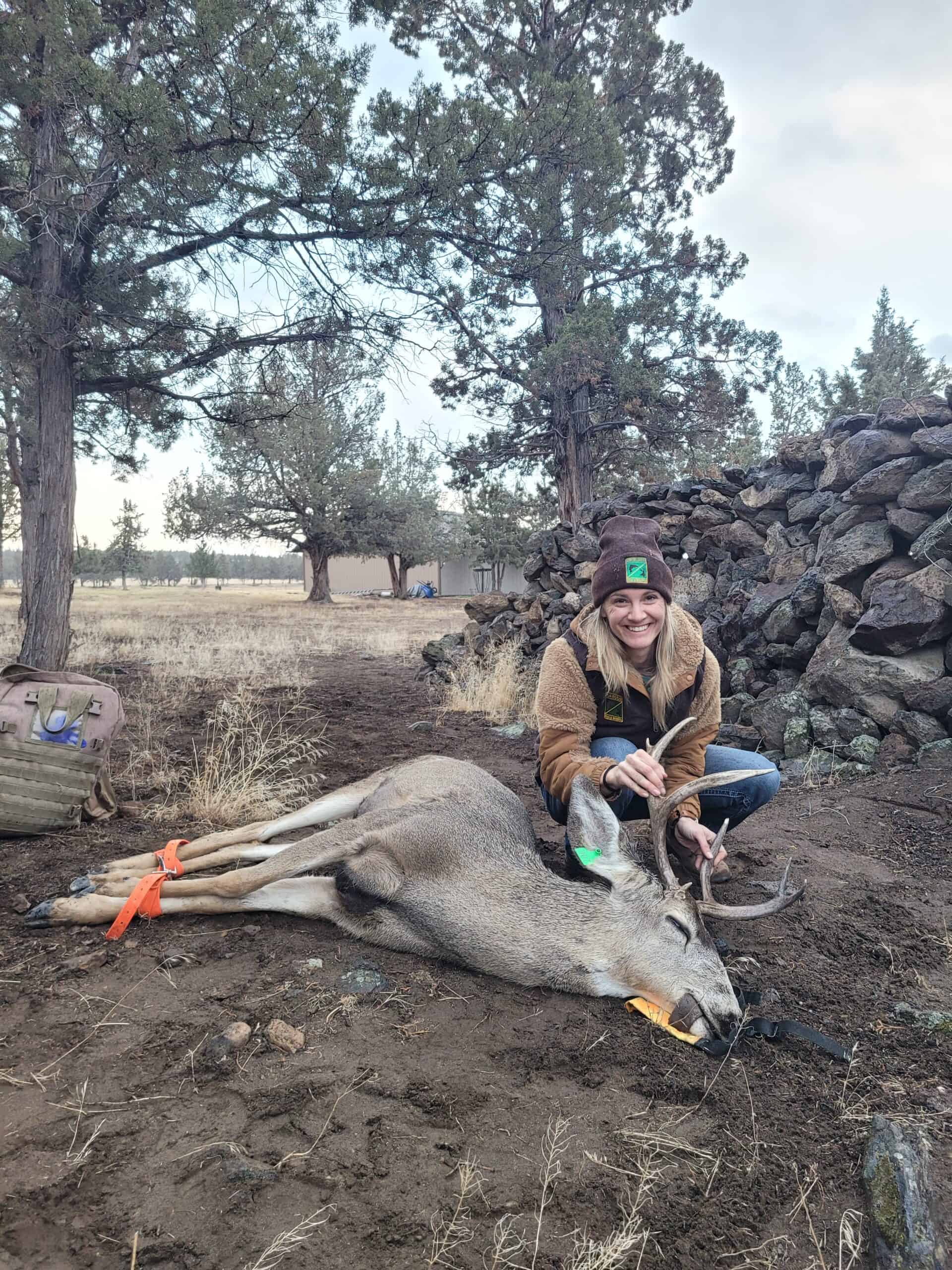
Wildlife Vocalizations: Jamie Bowles
Acting wildlife biologist shares how she was inspired to work with the Oregon Department of Fish and Wildlife
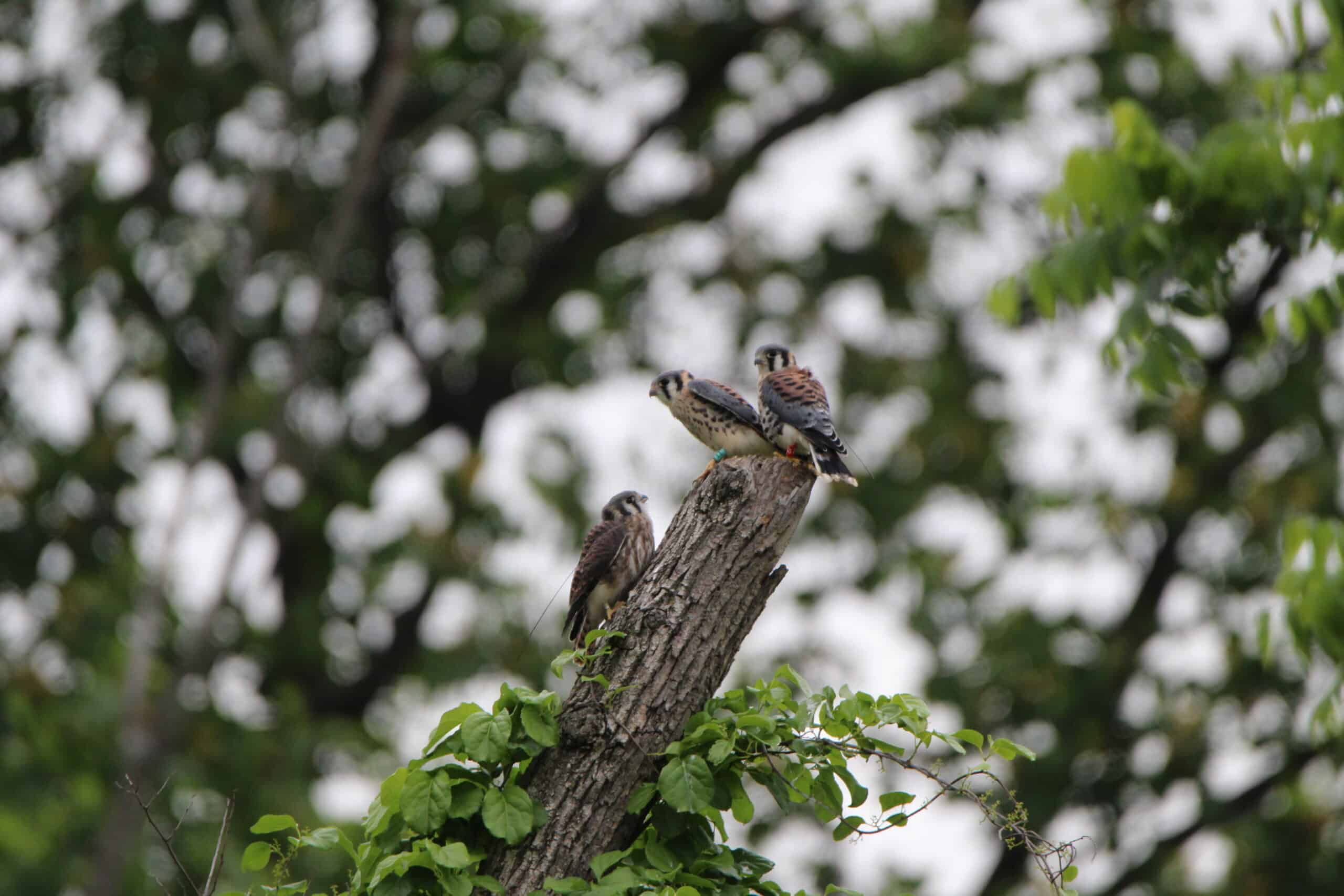
American kestrel fledglings have high survival rate
But the small falcon continues to face declines in North America
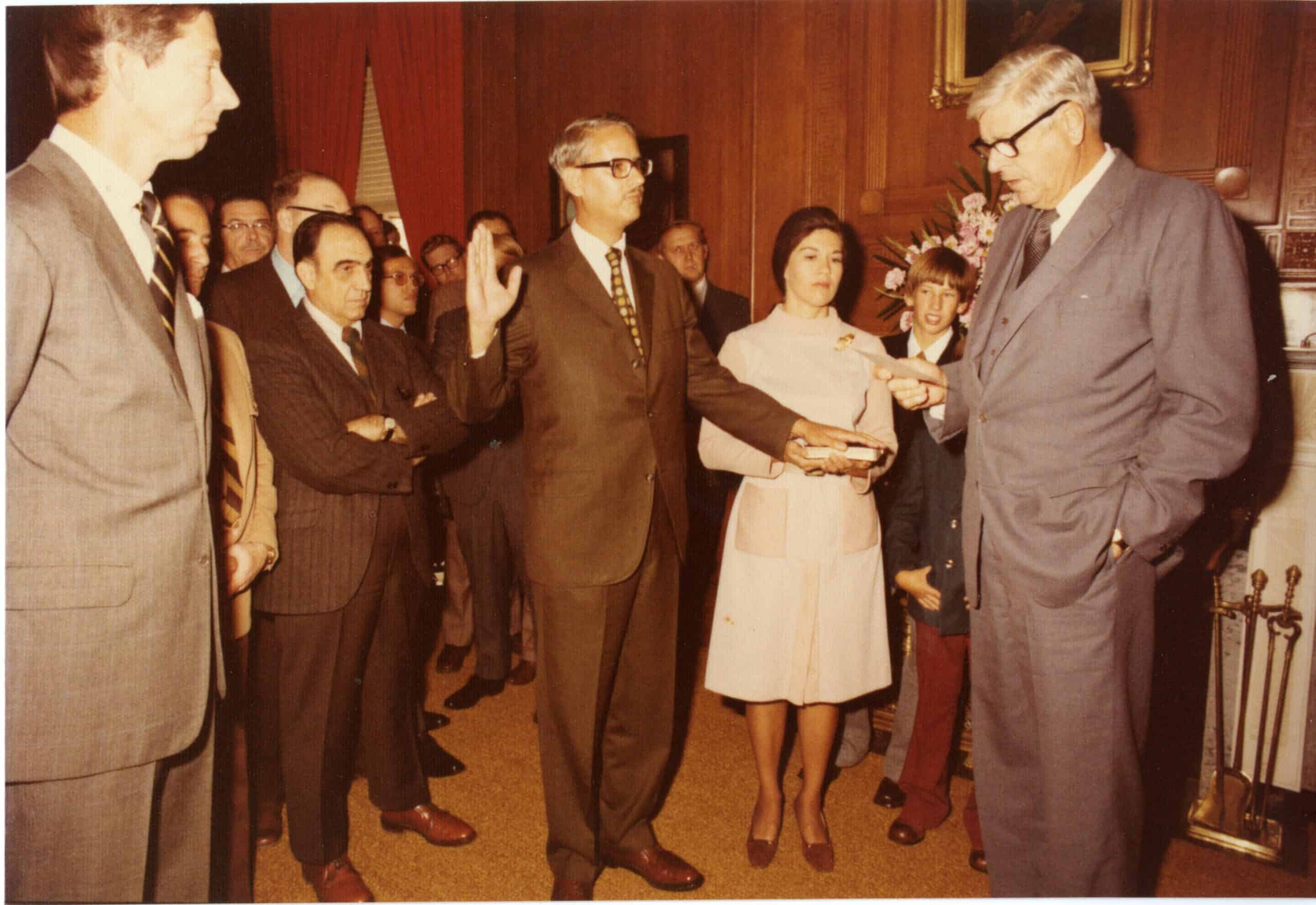
Former USFWS Director Lynn Adams Greenwalt dies
Greenwalt helped implement the newly passed Endangered Species Act during his term as director

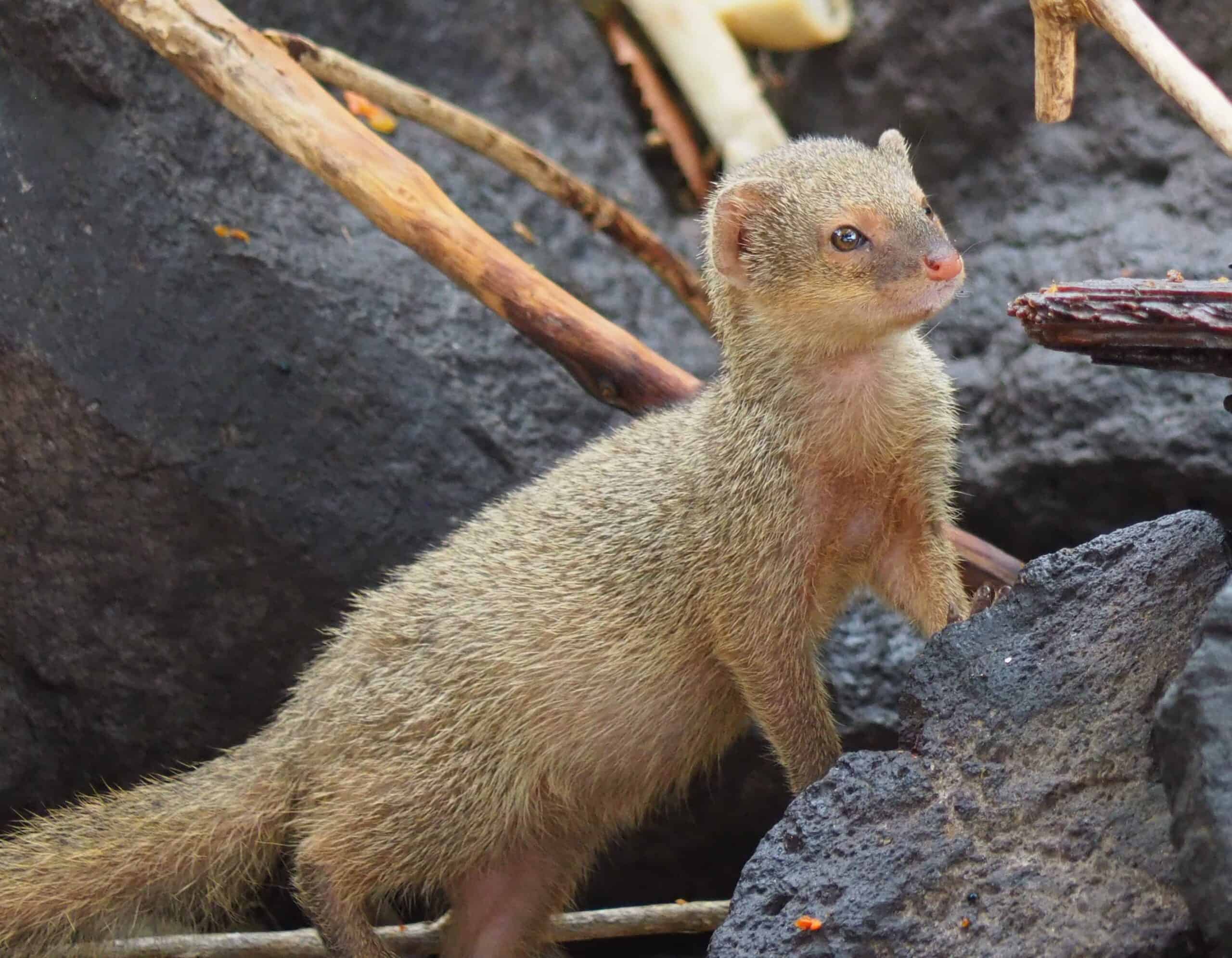
JWM: Invasive Indian mongooses bounce back after removal
Pregnant, nursing and lactating mongooses fully replenish populations within two months of removal—likely bad news for rabies transmission
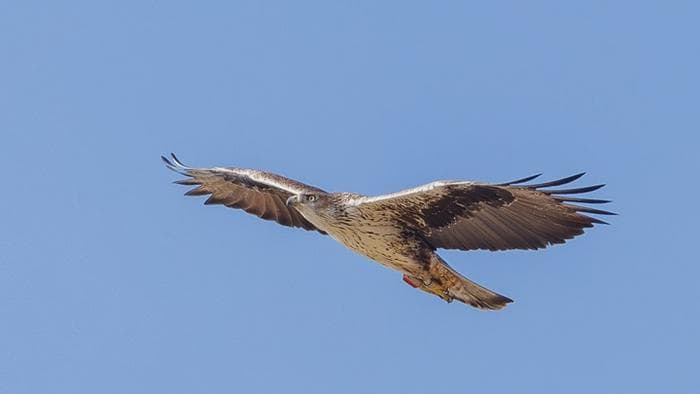
Bonelli’s eagles recover in Catalonia
Despite problems in other regions, some parts of Spain are seeing a rebound in eagle numbers
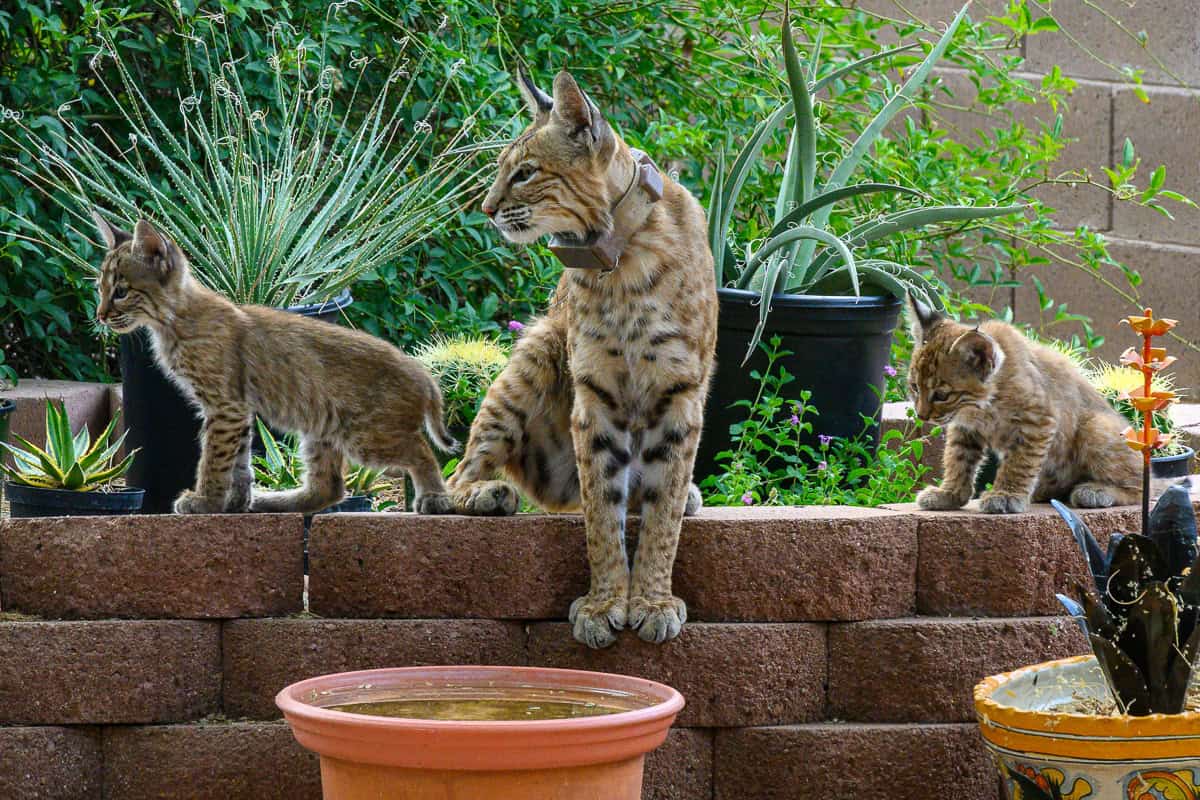
Bobcats and people coexist in Tucson
To learn more about urban bobcats, researchers had to also work with people
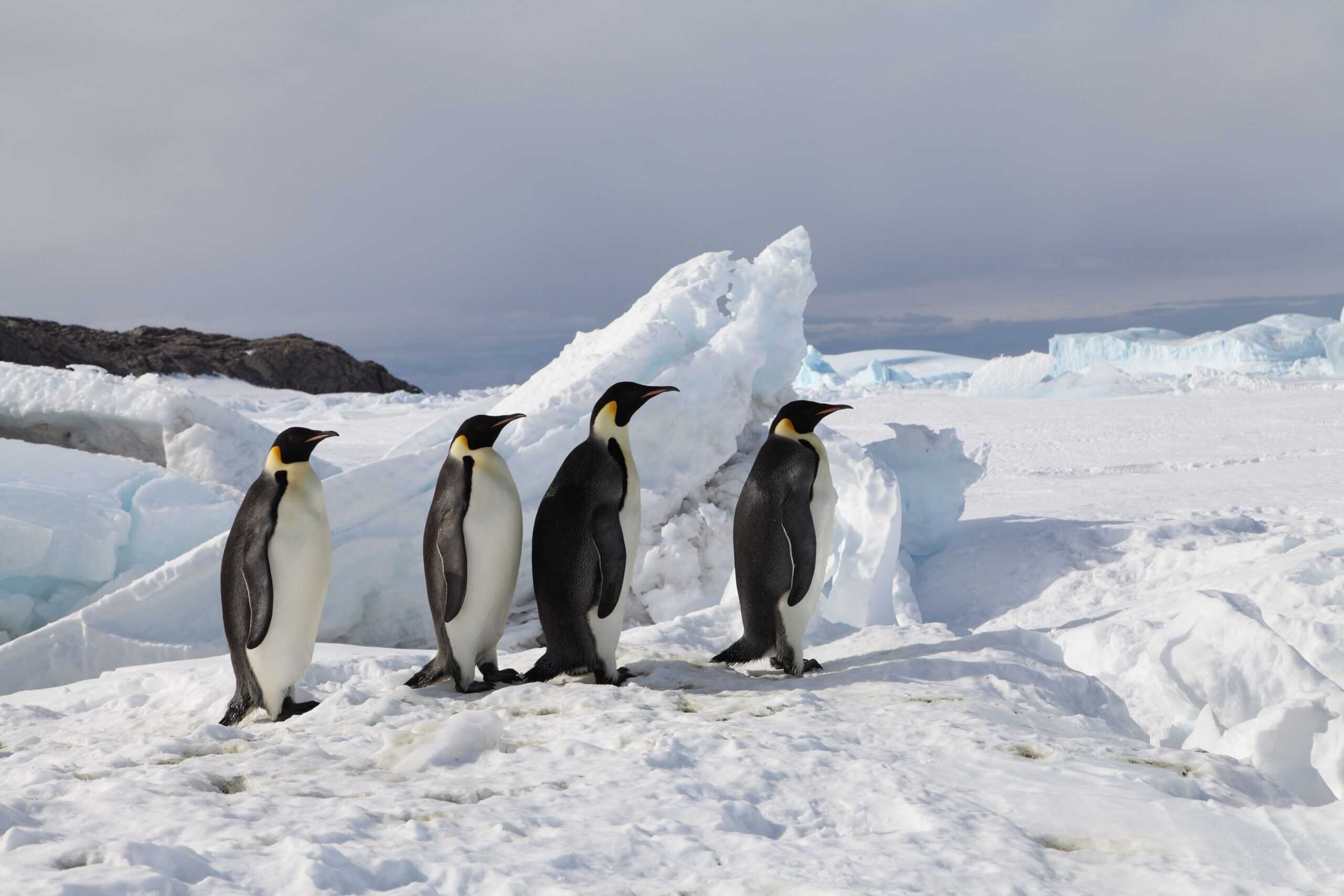
Study recommends IUCN uplist emperor penguin
A new research method accounting for uncertainty leads scientists to suggest the IUCN change the species’ status to endangered

Rat poison rife in Aussie endangered species
Tasmanian devils and quolls among affected species
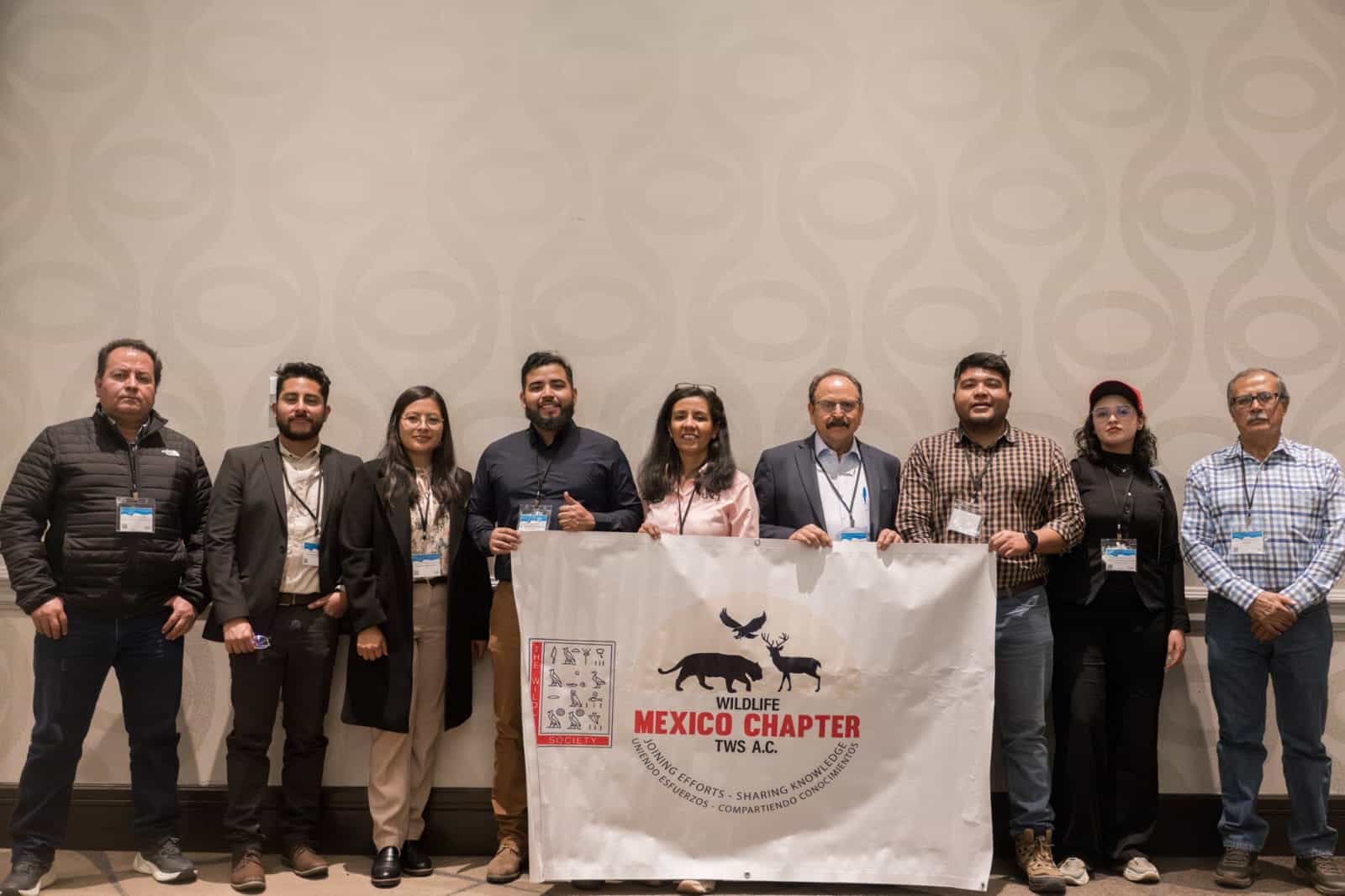
TWS Mexico Chapter Joins NM-AZ Joint Meeting
Cultural exchange, edible insects and skill sharing were just a few memorable moments


